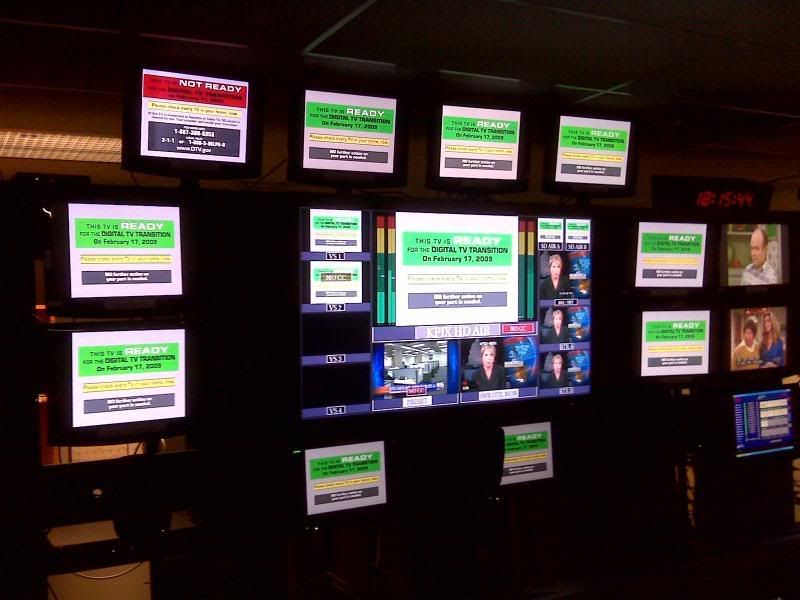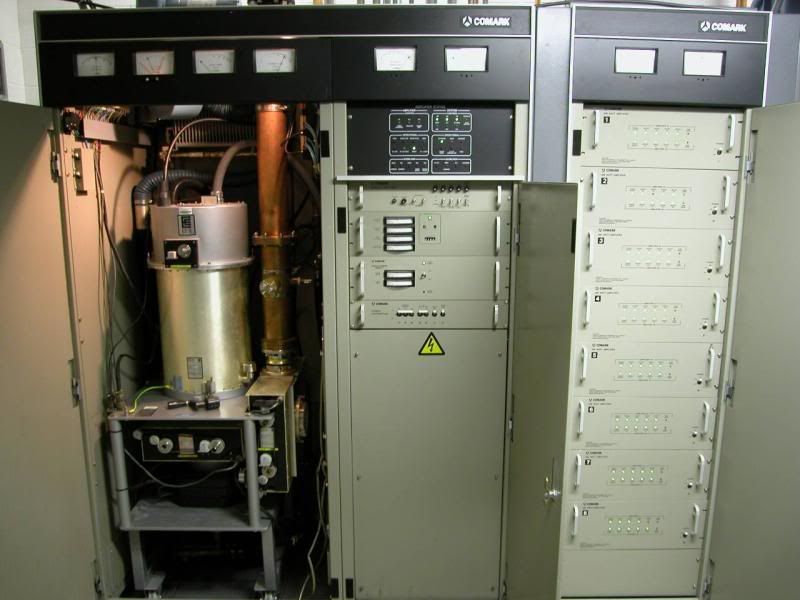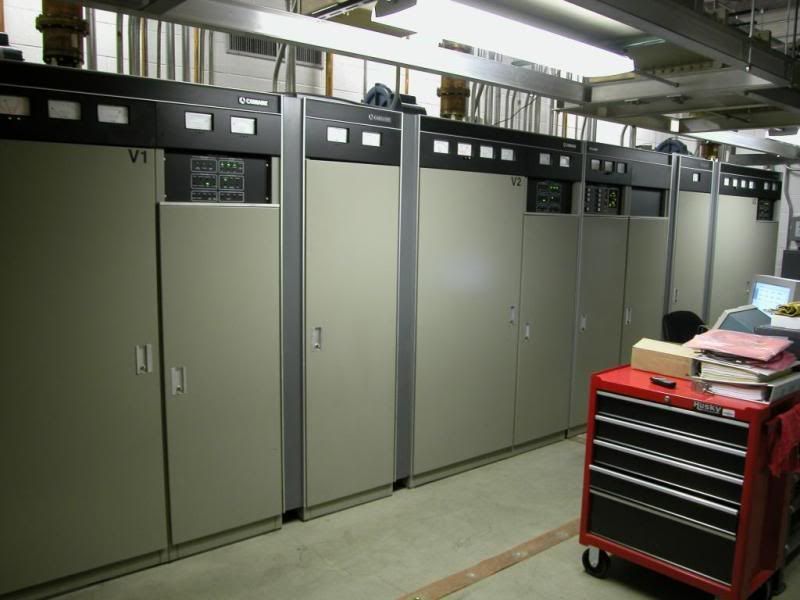Recently our congress has passed legislation to delay the DTV transition/analog shut-off yet again – this time to June 12th of 2009. For those that aren’t already aware this makes the 2nd time the date has been put off. The original date (created in 1997) for this to happen was December 31st, 2006, but in February of 2006 legislation was created to change the date to February 17th, 2009.
One interesting element with this administration is the online posting of the bill (as of this posting it hasn’t been signed into law) on the White House website and the ability to add public comment. Just because I could, I added my own two cents which is likely to be promptly ignored:
I believe the delay, while appearing to be in the public’s best interest, actually will cost local TV stations more money to keep obsolete , power-hungry transmitter facilities running that will in turn, drain station budgets when they were un-prepared to absorb the expense. This is exacerbated by the fact that it is a non-political ad year AND the amazingly bad economy. The net result is that projects will go unfunded and station workers laid-off to mitigate the added operational expense.
They wisely limited me to 500 characters. Meanwhile, I’ve found that my views are not just echoed by fellow broadcast engineers, but by an FCC commissioner as well.
While there is a provision for stations to shut off their analog transmitters on February 17th after they ask for permission from the FCC by February 9th, and there are several smaller stations that feel comfortable shutting down their analog transmitters, the larger broadcast groups and networks have already come out to say that they will keep the fires burning in their analog transmitters (some quite literally).
It’s not just the confusion with the public that the change creates after stations have been drilling the February 17th date into people relentlessly for over six months now…
It’s the fact that every station is unprepared to accommodate the added costs of keeping the analog facilities running since 2009 budgets were planned and approved typically in Q3 of 2008. Moreover, this is no small expense, especially for UHF transmitters that require huge amounts of power to run day and night. Quite literally these power bills range from $10,000 to $20,000 a month depending on the size of the transmitter rig and the cost of electricity in the region.
And it’s not just the sizable power bill. It’s a number of other costs and issues:
- The regular cost of maintenance is now unbudgeted and there is the potential that one or more of the tubes that keep the station on the air failing that are priced around $35,000 for an IOT and $50,000 for a klystron (however I’ll wager that if one dies the station management will just apply for an STA with the FCC to run at reduced power instead of buying a new tube).
- It’s also the cost of rent at these sites for building and towers, many on remote mountaintops and some in the city where rent is exponentially higher.
- It’s also the cost of equipment/transmitters that have been ordered and now have to be stored somewhere.
- It’s also the finite number of tower crews and transmitter installers that were scheduled to build a specific facility at a specific time before moving to the next site that is now tossed into chaos.
- Those analog stations that don’t power down affect the plans of neighboring stations that need to occupy that frequency for their DTV channel allocation. There are hundreds of stations that need to do this dance and now the music has stopped or is sputtering.
- Then there are all those telecommunication companies that paid for spectrum in the UHF band that can’t use them until June. Maybe.
How do businesses typically react to shrinking budgets and unplanned expenses? You already know…
Those not clued in to the transition and prepared are very likely to be just as clueless and unprepared four months from now. So, what happens in four months? Well, there is already hand-wringing and whispers of another extension beyond June 12th. We’ll see.
The long and short is essentially that delaying the analog shut-off isn’t akin to driving an old car a few more miles before taking it in to the shop, it’s more analogous to stopping a few cars along the middle of the freeway during rush hour. What a mess!



